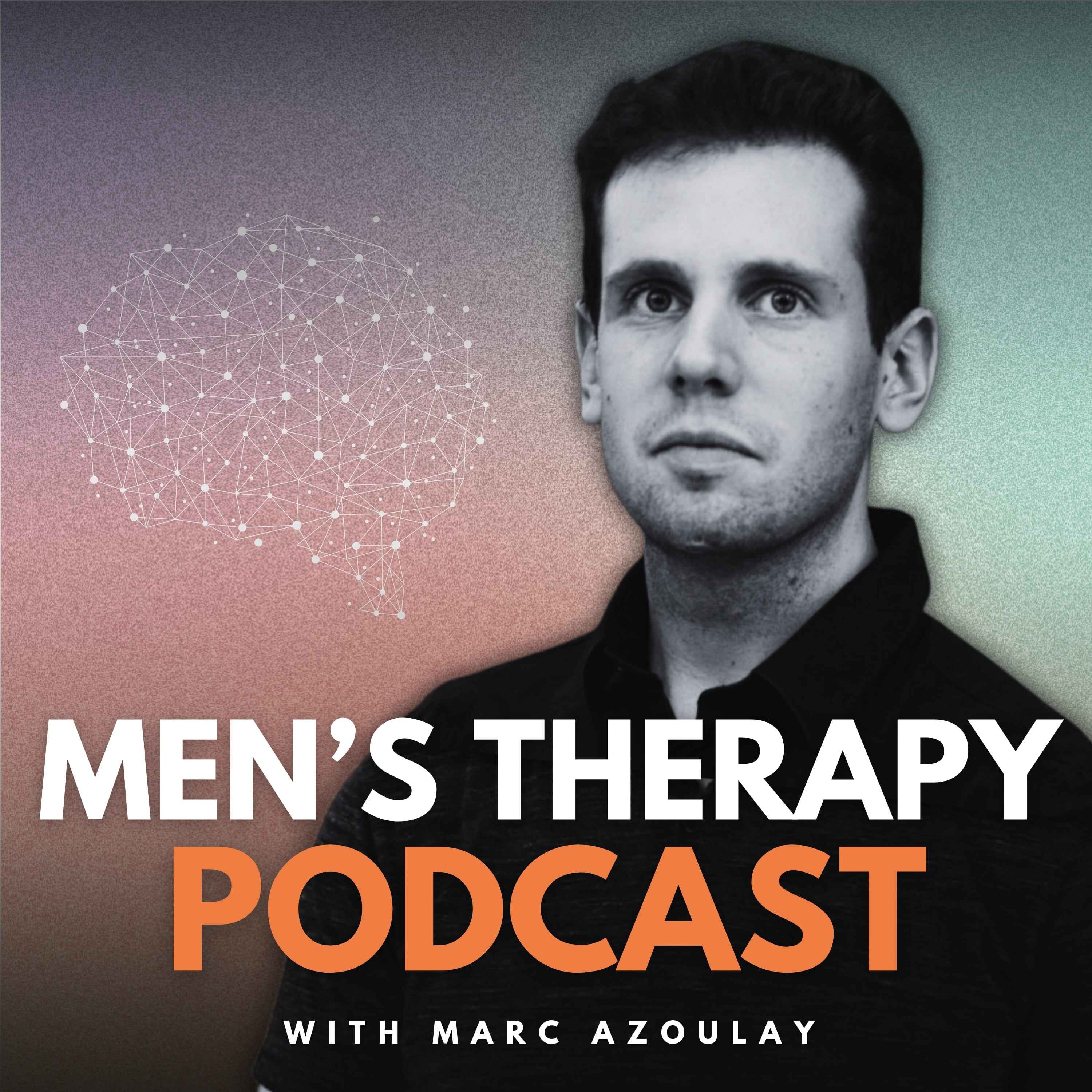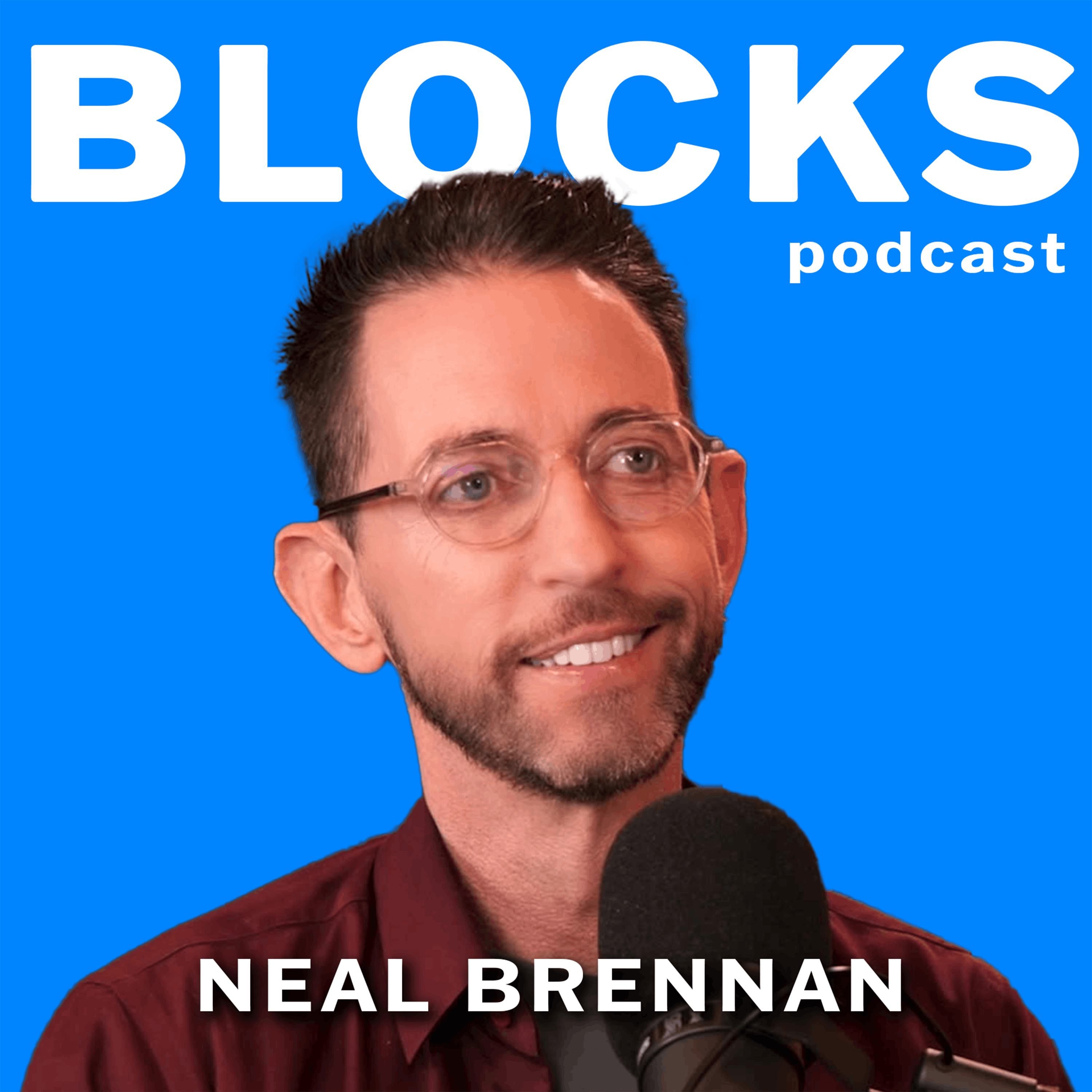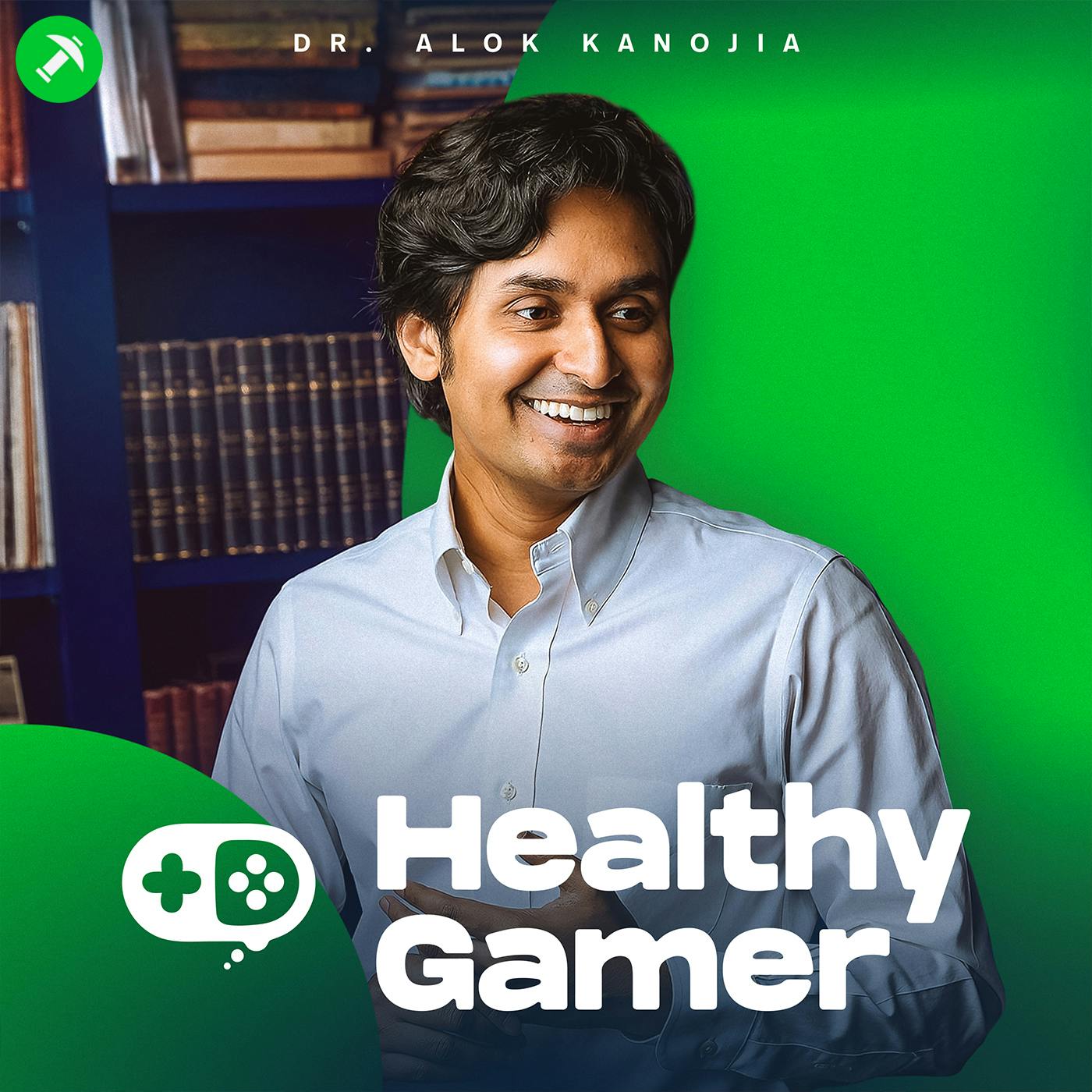
The American Masculinity Podcast
The American Masculinity Podcast is hosted by Timothy Wienecke — licensed psychotherapist, Air Force veteran, and award-winning men's advocate.
Real conversations about masculinity, mental health, trauma, fatherhood, leadership, and growth. Each episode offers expert insight and practical tools to help men show up differently — as partners, fathers, friends, and leaders.
No yelling. No clichés. Just grounded, thoughtful masculinity for a changing world.
https://americanmasculinity.start.page
The American Masculinity Podcast
B2 - 1 in 4 Men: The Silent Truth
1 in 4 men experience sexual violence in their lifetime - yet this reality remains largely invisible in our conversations about masculinity and trauma.
In this video, we examine why 23% of men carry this burden in silence, the unique barriers that prevent male survivors from seeking help, and what we can do as a society to create safer spaces for these conversations.
As a licensed psychotherapist specializing in men's mental health, I'll share insights on:
00:00 – The Quiet Epidemic: 1 in 4 Men
01:08 – Why Men Don’t Talk
02:45 – What Keeps Them Silent
04:25 – How We Break the Silence
If you're a survivor watching this: your experience is valid, you deserve support, and healing is possible.
Resources:
Mental Health Crisis Line: 988
1in6.org - Support for male survivors
RAINN National Sexual Assault Hotline: 1-800-656-4673
MaleSurvivor.org - Community and resources
If this resonates with you, please share it. You might be the person who helps another man realize he's not alone.
#MensMentalHealth #TraumaHealing #MaleSurvivors #MentalHealthAwareness"
The American Masculinity Podcast™ is hosted by Timothy Wienecke — licensed psychotherapist, Air Force veteran, and men’s advocate.
Real conversations about masculinity, mental health, growth, and how men can show up better — as partners, leaders, and friends.
We focus on grounded tools, not yelling or clichés. If you have questions or want a tool for something you're wrestling with, leave a comment or send a message — your feedback shapes what we build next.
Note: While this doesn’t replace therapy, it might help you notice something worth exploring.
One in four men will experience sexual violence in their lifetime. I can tell you as a therapist, with over a decade of experience helping survivors and a survivor myself, the reasons why you didn't know that statistic are complicated. It's a hard truth that we're just starting to get traction talking about. For men to acknowledge that these things happen to them is a terrible risk for most men. Manhood can be lost. It is something that needs to be earned, the men in your life wanna be strong. They wanna be seen as someone you can count on, and they wanna be seen as somebody that is gonna be there for you through the hard times. So, of course. They're reticent to think of themselves as somebody who survived something like this. Of course, they're reticent to tell anybody that this happened, and so we bury it, we bury it, we push through, and we move on. Sexual violence is terrible and it hurts anybody who experiences it, but women have had a culture of being survivors, of building the framework for what it means to become a survivor for generations now. And while the problem is still an epidemic, one in three women experience assault in their lifetime, there's a whole community of people waiting for you. If you're a female survivor, there's a whole list of resources and centers for you to help you cope with it. And there's not enough. We need more. But those same resources, they're not there for men. Look at any advertising. Look at most domestic violence and sexual assault centers and look at their marketing. Do you see any men in those pictures, either as helpers or survivors? Probably not. Our story as a country is that this doesn't happen to men, but one in four men, if they were being honest, would disagree with you. We need to change how we talk about these things. We need to change what we do in the world around these things. We need to stop lessening where we know it happens. Jokes about prison rape, jokes about gay sex between heterosexual guys. Jokes about how a woman can't possibly rape a man because a man always wants it. Every time one of those is heard, another man goes deeper into his silence. Every single. Time. I'm not anti comedy. I go to standup comedy quite a bit, and you can make most things funny. Most of us are not standup comedians. Take a minute and come up with some different jokes. Also, we need to start having conversations. If this statistic surprised you, why did it surprise you? How have you never spoken about this before? I promise you, if you look around at your peer groups and your family, no one's talked about it. It doesn't come up. But it's impacting so many people that you care about, and maybe even you that don't you think it could be worth opening up a conversation with people? Talk about this. Talk about how jarring the statistic was to you. Open the door. I will tell you that just opening the door will not get most guys to tell you what's happened to them. But if enough of us start those conversations, maybe they'll start talking. And if you have a story and you tell people, the people you're intimate with, the people that care about you, the people that see you for the man that you are, maybe you'll find out that you're not alone. And if that doesn't happen if that's too much, I get it. There's resources for you. One in six.org is a group that is trying to bring these stories forward for men who have survived sexual violence. One in six men survive an assault. That's where that number comes from. You're not alone. There's other guys who share their stories, other guys who figured out resources. Other therapists like me doing work to help heal these things. I'm not a unicorn in this space. There's a lot of us. Find one, so you have the safety to talk and process about what happened to you. We need more men coming forward with these things. Men like Terry Cruz and Kevin Smith are both powerful men within their fields that came forward and shared their stories, and it's been impactful. More men talk sooner in sessions than they used to. Sometimes it takes a year or two of clinical work before a guy will disclose to me that this happened to him. It took me decades to acknowledge that it happened to me. It's a hard thing. Let's stop making guys go through it alone. Start having these conversations. Start educating yourself on how to support men and understand that sexual violence is terrible for everybody and we need to include men in that idea. And maybe if we do, we can make it happen less. Instead of not talking about it, instead of not acknowledging that this is impacting men on a survivor level, maybe just maybe we'll start catching guys before it's too late and we'll stop some of these things from happening thanks so much for taking the time to watch this. Thanks so much for caring about the topic. I hope the conversations you have go well. I hope you get the resources you need, and I sincerely hope we start to help more men with this problem. Take care.

.png)





